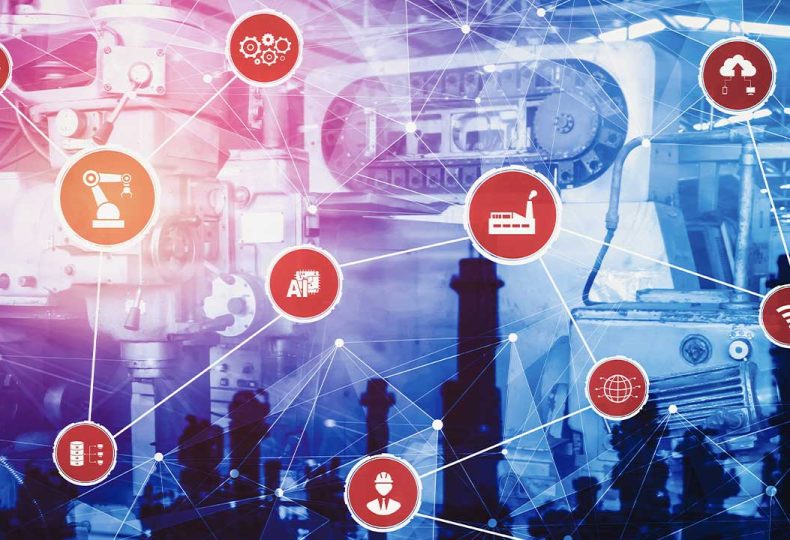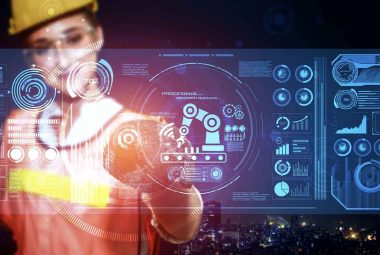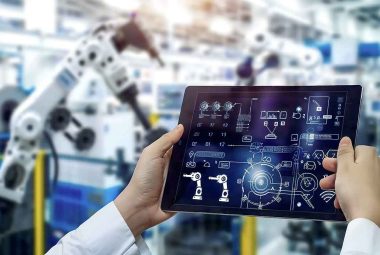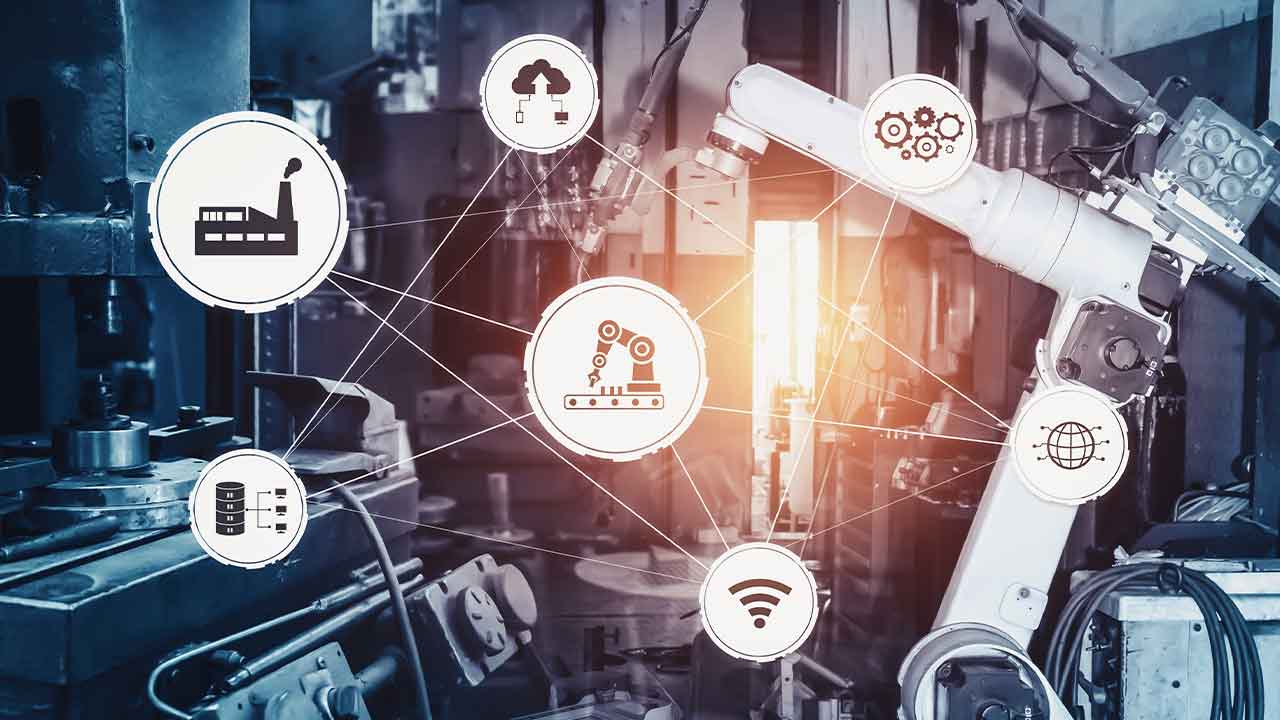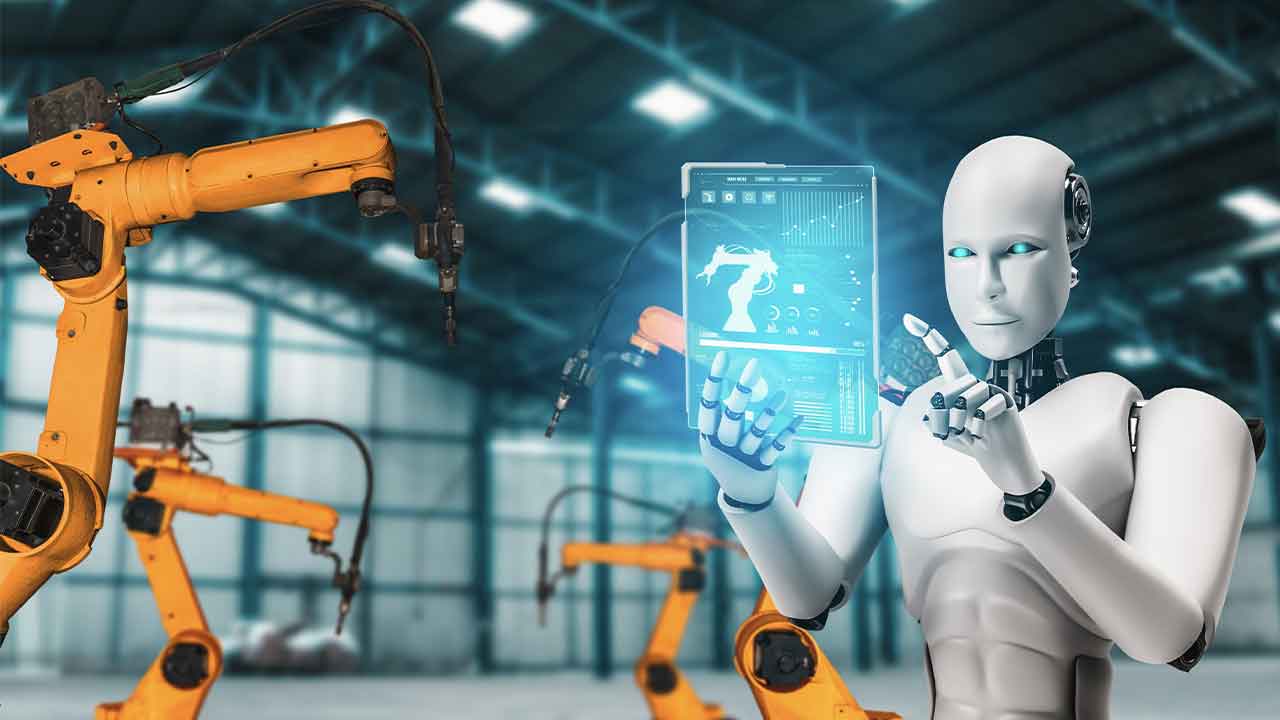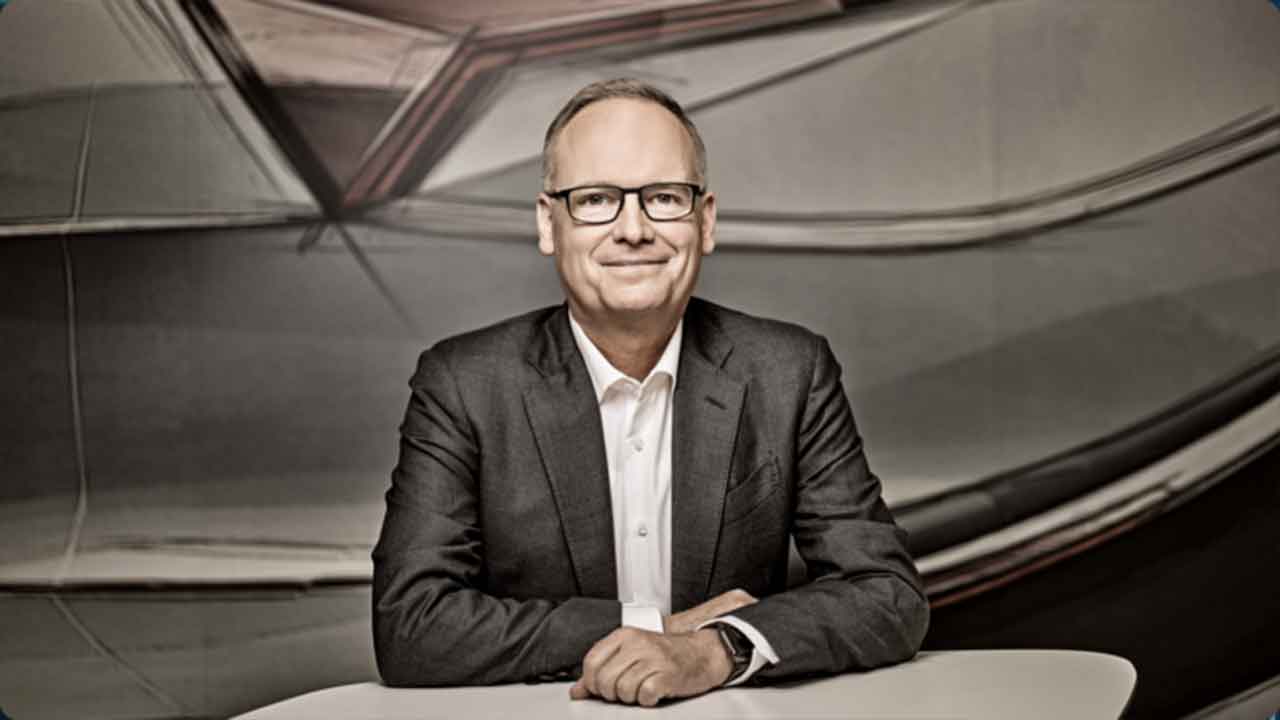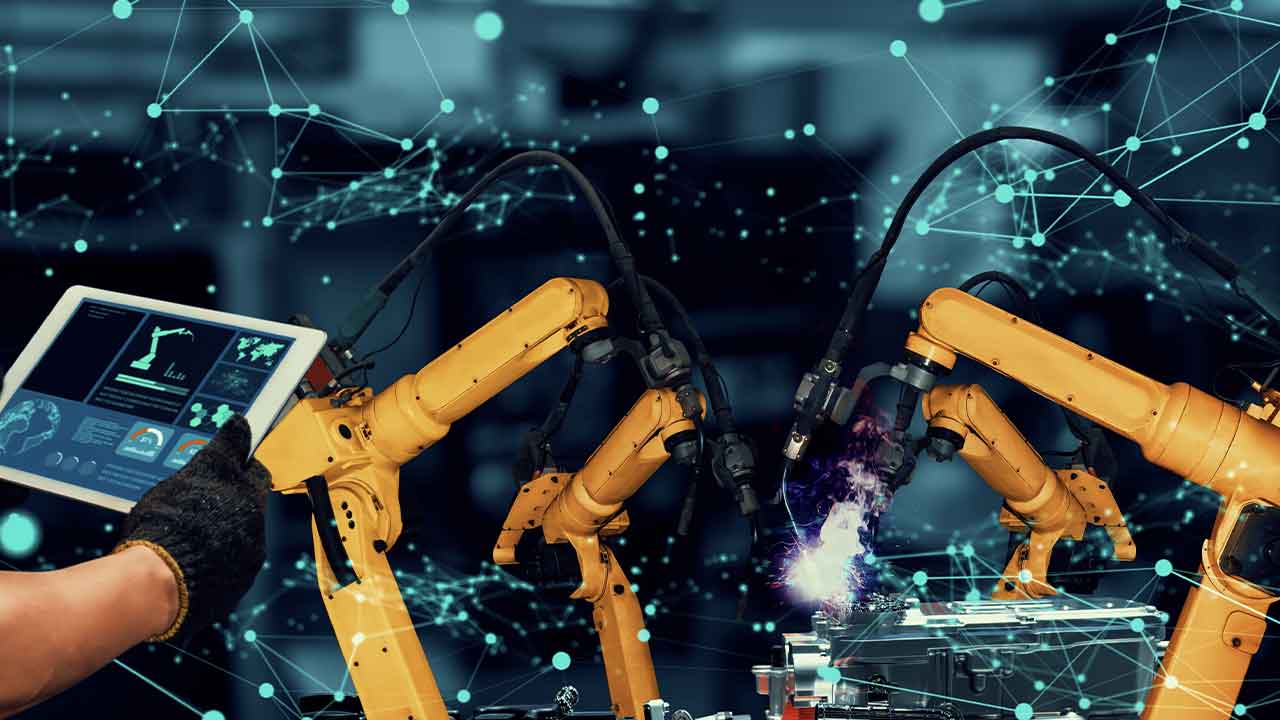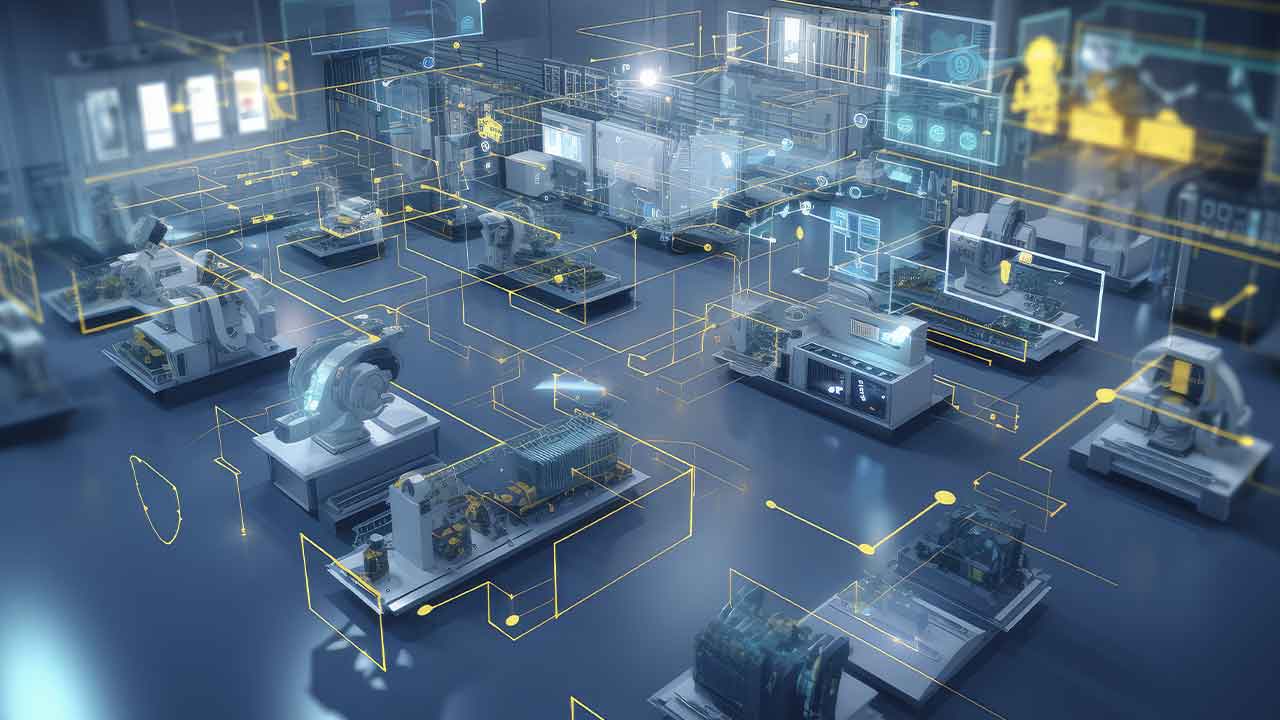Subscription MES: A New Path to Digital Transformation
What if deploying MES didn’t require a massive budget, a year-long integration plan, or buy-in from every corner of the enterprise? A growing number of manufacturers are shifting away from all-in-one MES rollouts and embracing a more agile approach—building their
From Execution to Intelligence: Generative AI’s Role in the Future of MES
At the second edition of the MES & Industry 4.0 International Summit in Porto, Portugal, Lucian Fogoros, Co-founder of IIoT World, spoke with Francisco Almada Lobo, CEO and Co-founder of Critical Manufacturing, about how generative AI is evolving the role of Manufacturing Execution Systems
Why Edge-to-Cloud Data Symmetry Is the Foundation of Scalable Smart Manufacturing
As manufacturers accelerate their digital transformation journeys, the limitations of fragmented data environments are becoming more visible—and more costly. The promise of smart manufacturing hinges on one capability: enabling data to move seamlessly from the factory floor to the cloud
Digital Transformation Without the Downtime: A Strategic Guide for Manufacturers
Digital transformation is a top priority for manufacturers—but executing it without disrupting daily operations remains one of the toughest challenges in the industry. Downtime is expensive. Retraining teams is resource-intensive. And implementing new systems while maintaining output often feels impossible. IIoT
From Legacy to Leadership: Building the Manufacturing Company of Today
In today’s industrial landscape, there are only two kinds of manufacturing companies: those that turn data into value and competitive advantage—and those that don’t. Period. Yet many manufacturers remain stuck. Some are too focused on legacy processes and past decisions; others
The unified manufacturing industry of the future
Industry 5.0 will empower people by positioning them back at the center of manufacturing. This will be achieved by focusing on a more strategic collaborative relationship between humans and machines in addition to increasing sustainability and resilience. Getting there isn’t
The Real Potential of Robotics: Why Software, Not Hardware, Is the Key to Transformation
In a recent conversation with IIoT World, Christian Piechnick, CEO and Co-Founder of Wandelbots, shared his perspective on the evolving role of robotics in industrial environments—and the major shift that must occur for widespread adoption to take hold. Despite decades of
Industrial Edge: What Leaders Need to Rethink Now
For many industrial organizations, the edge has long been treated as a fixed, isolated part of operations. But as digital transformation initiatives scale—and artificial intelligence, analytics, and cybersecurity concerns intensify—this view is rapidly becoming outdated. Erik Nordmark, Co-founder and CTO at
Edge AI + Intelligence Hub: A Match in the Making
In my 15 years in Industry, I haven’t seen a technology move as quickly as AI. The timeline from writing funny Haikus to showing up on the factory floor was a lot shorter than I expected. AI is exciting, but what’s
